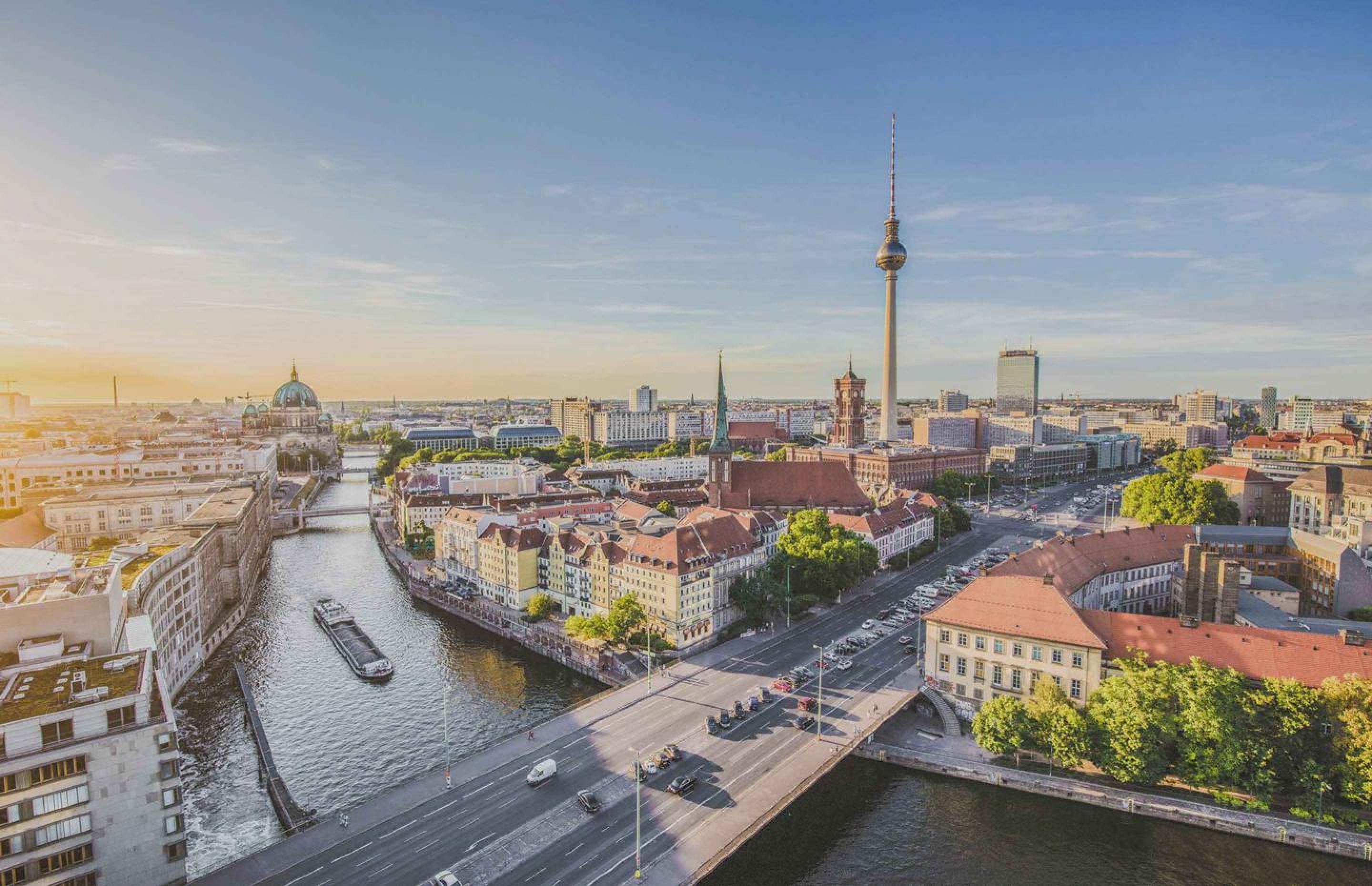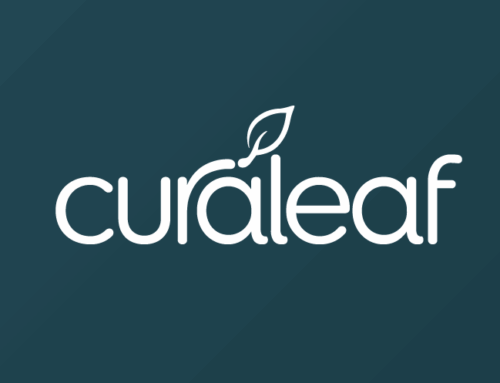Medical Cannabis in Germany: A Gateway for Investment and Innovation
The investment climate in Germany’s medical cannabis industry is poised for significant expansion, driven by the global cannabis legalization movement, ongoing regulatory changes, and mounting community and market demand. As the country embraces a more liberal approach to cannabis, it is becoming an increasingly appealing destination for investors and businesses in the medical cannabis sector.

The Contemporary Context
A significant shift occurred in 2017, when the German Parliament (Bundestag) amended the Federal Narcotics Act ‘BtMG’ (Betäubungsmittelgesetz, 28.07.1981) and, accordingly, the Social Code Book V, thereby enacting the legislation allowing for the prescription of medical cannabis. Under the new regulations, patients with qualifying medical conditions gained access to cannabis products, including dried flowers and extracts, which could be prescribed by physicians and reimbursed by health insurance.
As the market exploded and grew exponentially, the first wave of investors rushed into the burgeoning milieu.
The day of April 1, 2024, marked a historic milestone as Germany became the third EU country to legalize the private cultivation and consumption of recreational cannabis. This landmark decision has profound implications for the medical cannabis market, which has been growing steadily since the initial legalization of medical cannabis in 2017. The recent change removed the narcotic classification of cannabis, allowing it to be more easily prescribed, thereby expanding access for patients.
The medical and recreational cannabis market in Germany is now primed for substantial growth, with estimates suggesting it will snowball to over 300 thousand consumers, not counting visitors to the country. Germany expects to generate $499.8 million from the medical cannabis market in 2024, with a projected market volume of $594.8 million by 2029.
Legislative Framework
The liberalization of medical cannabis production is embodied in the newly enacted Medical Cannabis Act (commonly known as the CanG), which streamlines regulations for cultivation and distribution. This legislation opens the market to any producer who obtains a license, eliminating the previous centralized tender system that limited participation to a few heavyweight players. In addition to facilitating domestic production, the CanG aligns with broader European trends toward cannabis legalization and positions Germany as an unchallenged leader in the EU cannabis market.
Topped off by the German government’s active encouragement of local farmers’ involvement in cannabis cultivation, the initiative is expected to strengthen domestic supply via cultivation associations to reduce reliance on medical cannabis imports. This approach, which serves as an example to emulate and a catalyst for broader European drug policy reform, aligns with the growing public acceptance of cannabis, as over 90% of Germans are now aware of its legal availability for recreational and medical use.
Business Conditions
The business environment for medical cannabis in Germany is increasingly favorable. The liberalization of production and distribution regulations has lowered compliance costs, with estimates suggesting savings of over €1 million annually for existing producers. The influx of new entrants into the market is expected to foster a competitive landscape, driving innovation and improving product offerings.
While the outlook for commercial cultivation of recreational cannabis is somewhat hazy, the government is considering the option of selecting pilot regions where a full value chain, including commercial production and licensed stores, could be established for a trial period. For now, however, large-scale legalization is not on the table, leaving the medical and recreational cannabis markets largely separate. It is still illegal to import recreational cannabis, but the lifting of strict production quotas has led to an increased inflow of foreign investors and entrepreneurs, bringing fair competition with domestic producers, which is expected to drive innovation and lower prices. Partnerships with major domestic licensees such as Aurora Produktions GmbH, Demecan GmbH, and Tilray may be beneficial while the government lays a solid ground for foreign players.
Despite minor pitfalls and uncertainties, the investment environment thrives and looks more than attractive, with many international companies eyeing wealthy Germany as a prime EU market for expansion. The country’s robust healthcare system, combined with a well-regulated pharmaceutical sector, provides a strong foundation for cannabis researchers, investors, and entrepreneurs. Additionally, the ongoing education and awareness initiatives undertaken by companies highlight a commitment to integrating cannabis into mainstream medical practice, further enhancing the business climate.
The Appeal of German Cannabis Market
Germany has emerged as a key player in the European medical cannabis sector, bolstered by its regulatory framework that facilitates both the cultivation and distribution of cannabis for medical and recreational use. Today, the target market is booming, rocketing along a promising trajectory fueled by increasing patient acceptance, expanding product offerings, and removing regulatory barriers.
The cultural shift toward cannabis is also noteworthy. The recent legalization of recreational cannabis is expected to increase public awareness and recognition of medical cannabis, making it easier for patients to seek treatment options. This social change, combined with supportive legislation, positions Germany as a case study and hub for cannabis innovation and investment within Europe.
The Bottom Line
Germany’s medical cannabis industry is on the brink of a significant transformation. Recent legislative changes, coupled with numerous cannabis cups, competitions, exhibitions, and forums create a favorable business environment and growing public acceptance, create a compelling case for investment in the sector. As the market continues to evolve, companies that can navigate the regulatory landscape and meet the increasing demand for medical cannabis will find ample growth opportunities.
Investors and businesses looking to enter the medical cannabis market should consider Germany’s unique position as a leader in the European Union. With a strong and transparent regulatory framework, a large and growing consumer pool, and a fair competitive landscape, Germany is set to flourish as a key player in the global cannabis industry. As the legal landscape evolves, including local cultivation associations and anticipated pilot projects for commercial supply chains, market participants are certain to gain greater clarity and opportunities for innovation in the sector.
The time to engage with this promising market is now, as the potential for profitable investment, rewarding upscale, and positive social impact is immense.



































